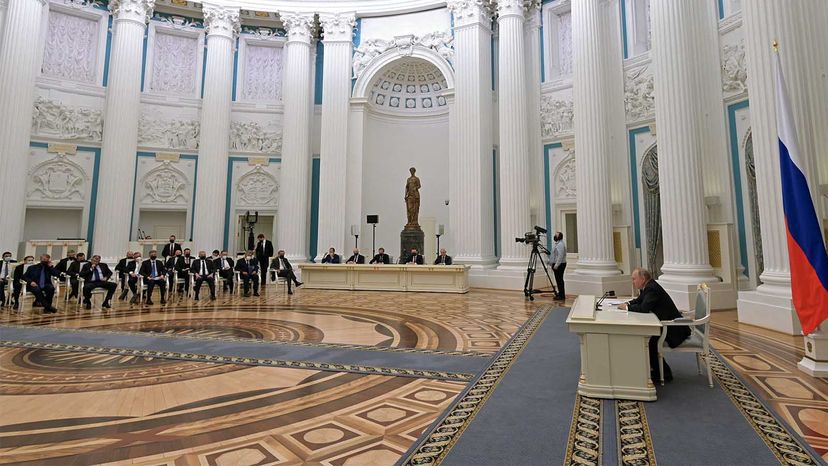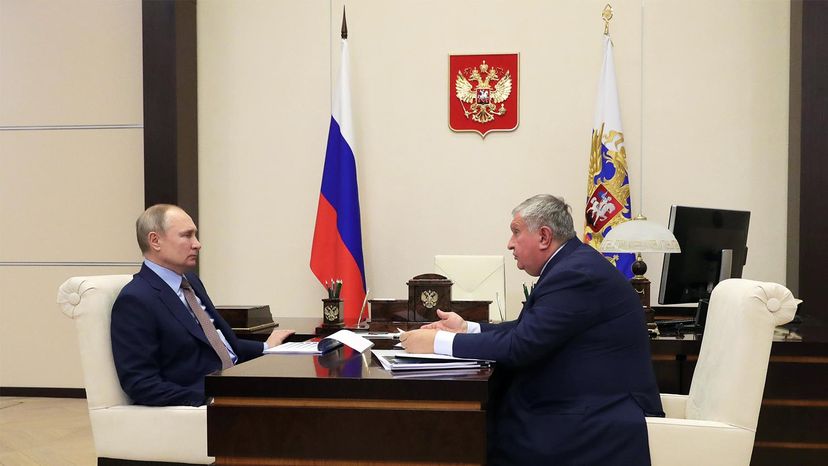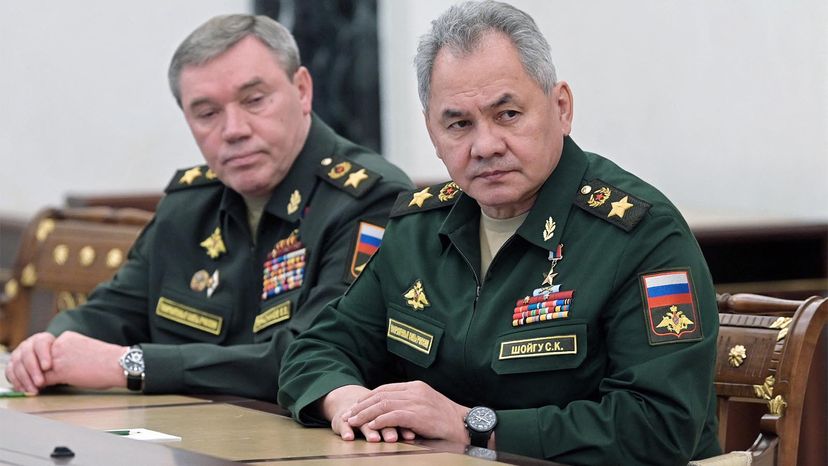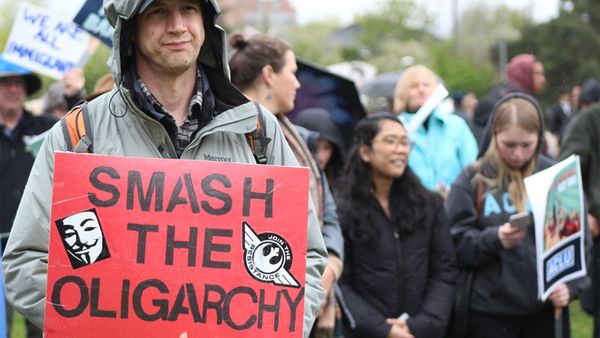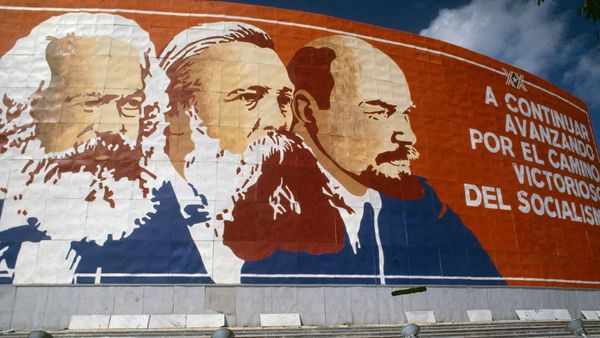This brings us to the most important question on many people's minds: As the sanctions decimate oligarchs' wealth, could that prompt them to abandon Putin or change the course of the war?
Some oligarchs are already speaking out against the war, such as Alfa Group Chairman Mikhail Fridman and metals magnate Oleg Deripaska — both of whom have been sanctioned by the West. Lukoil also called for the war's end. Although Lukoil is not currently under direct sanctions, oil traders are already shunning its products in anticipation.
I believe we will see increasingly vocal opposition to the war from the oligarchs. At the very least, their willingness to do the Kremlin's dirty work by trying to influence Western politicians will likely subside significantly.
But there are two crucial limits to their influence and ability to affect Putin's behavior.
For one thing, the oligarchs do not work well together. In Russia's "piranha capitalism," these billionaires have mostly sought to outcompete their rivals for government largesse. Individual survival with a view to the Kremlin, not the defense of common interests such as sanctions' removal, has been the oligarchs' modus operandi. The Kremlin, for its part, has promised state support to sanctioned companies, especially in the banking sector.
More importantly, it is the guns, not the money, that speak loudest in the Kremlin today. As long as Putin retains his control over the siloviki — the current and former military and intelligence officers close to Putin — the other oligarchs, in my view, will remain hostages to his regime.
The generals are more likely to sway Putin than the oligarchs — and an economic collapse may be even more convincing still.
Stanislav Markus is an associate professor of international business at the Darla Moore School of Business, University of South Carolina.
This article is republished from The Conversation under a Creative Commons license. You can find the original article here.
